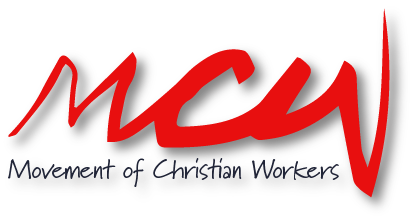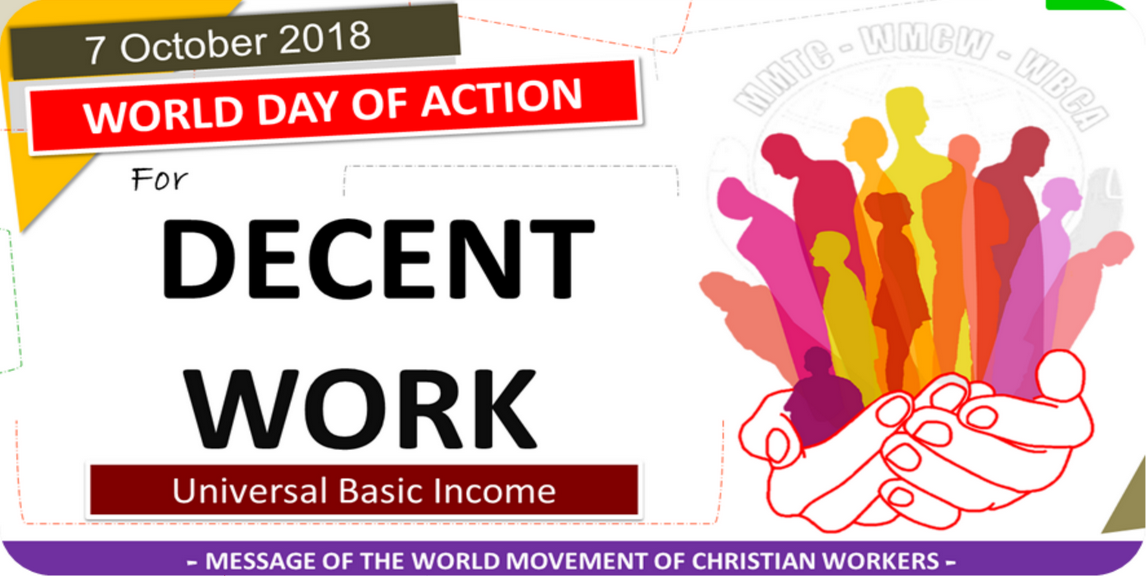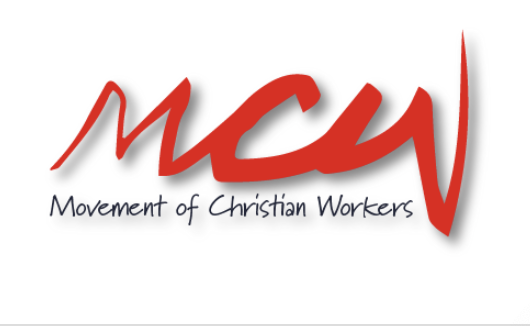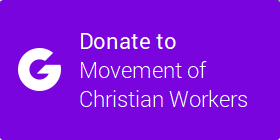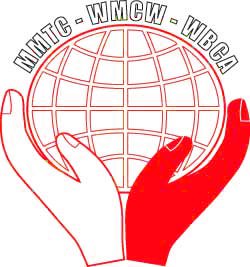Albert Nolan (1934-2020)
Albert was a fourth generation South African of Irish heritage. He became a Dominican in1954 studied and did his studies in Africa and Rome. He taught theology in the Dominican study house in the 1960 and then in the 1970s worked as national Chaplain to the National Catholic Federation of Students.
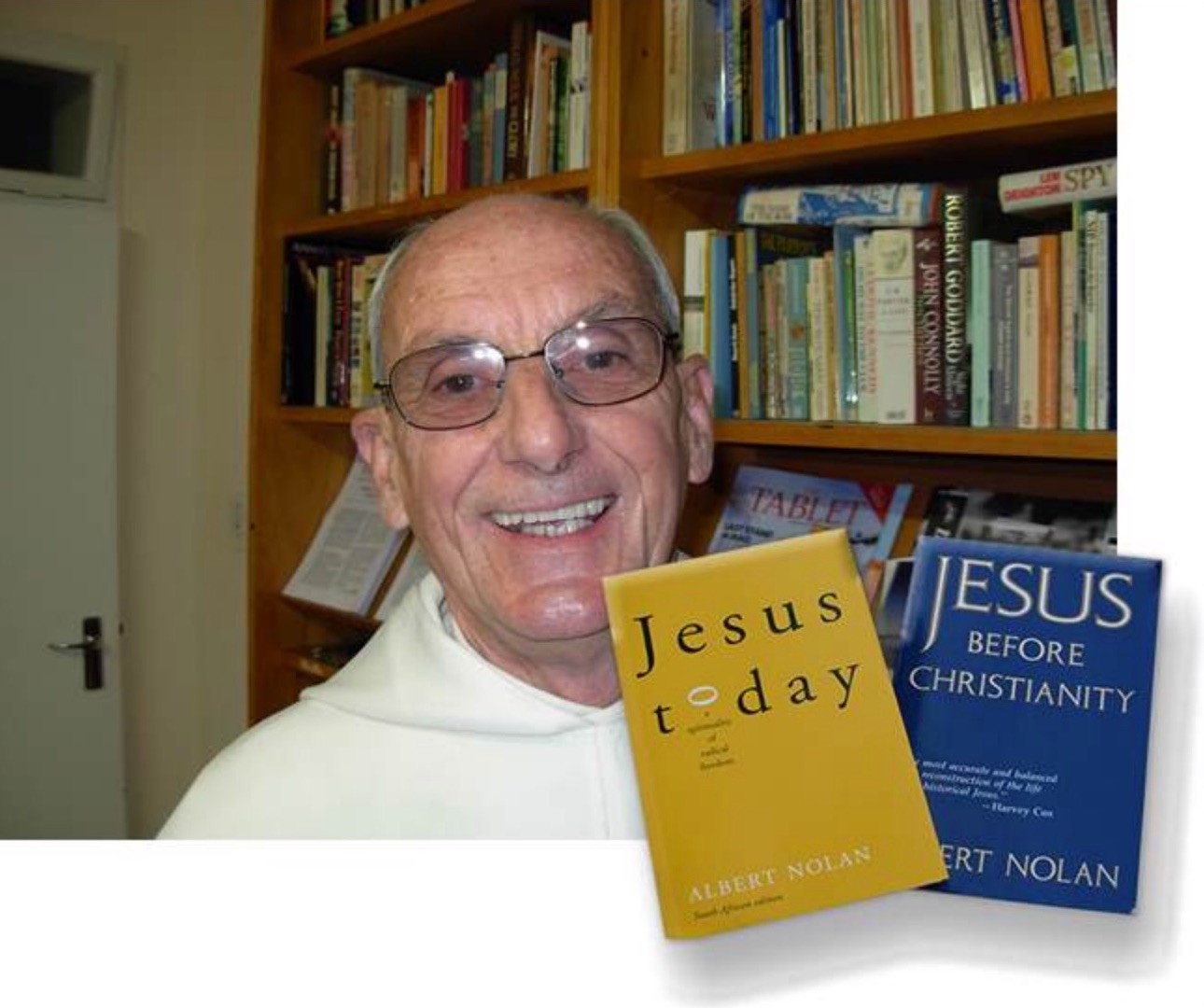
Throughout this time he had senior pastoral posts in the South African Province and in 1983 his Dominican brethren from around the world elected him as the first african Master of the Order. Instead of moving to Rome he asked permission to remain to participate in the decade of intense political and social change in the emerging new South Africa. He worked on the writing of the Kairos Document with an ecumenical group, of mainly Black Theologians, based in the Townships of Soweto. This challenged the Churches to oppose the brutal apartheid policies under the state of emergency declared on July 21st, 1985. TheKairos Document provoked international debate and was partly responsible for the fall of the regime. In the 1990s he started a radical grass rootmagazine Challenge to enable a people’s theology from the base to continue.
Nolan was a key figure in the development of what is called contextual theology. It involves starting from reality where poverty and oppression are experienced. Its experts are the poor and oppressed. Nolan was convinced that for a theology of work to have integrity worker’s voices and experience must be central to defining of what decent work might be. A trained academic like himself “a professonal theologian” has skills that can make him or her a useful collaborator. But the primary experience must be that of workers and labourers, the experience of the working class. “Prophetic theology”, that speaks out of the experience of loss and oppression, can only be done by the oppressed whose struggle it primarily is. He was involved in a collaborative struggle alongside first students, and then workers, “reading with” rather than ”for” them.
“Context” is central to his first and most popular book Jesus before Christianity.........
This is an accessible account of the socio-politico-religious environment contemporary to Jesus, as understood from our world today. The aim is to allow Jesus to speak for himself. From biblical and non-biblical sources he finds evidence of the social, political and religious customs and traditions, the variety of Jewish sects and worldviews among Jesus’ contemporaries. Key elements in his analysis are: 1) money, 2) prestige and patronage, 3) exclusive group solidarities, and 4) power. He enables his readers to see just how different the Kingdom of God that Jesus proclaimed was and how it still remains a challenge to the structures and accommodations of our time.
At the heart of Jesus teaching is compassion for the destitute, the sick and the powerless. Nolan argued if we are to understand Jesus, and the God he spoke of, we have to start from what he did and who he choose to be with. If we do this we will avoid the mistake of much subsequent theology which reads Jesus from already existing models of God e.g. the all-powerful, the all-knowing etc. Such models miss the radical alternative nature of Jesus message and its ongoing challenge to us as to where god can be found.
Nolan maps this out in a brilliant essay any activist could identify with and learn from - Four Stages of Spiritual Growth in Helping the Poor (www.catholiccincinnati.org ). These stages are clear enough to anyone who has been an activist. He offers them as a way of life for any disciple. He lived it to the end, through all the triumphs and disappointments that mark South Africa’s recent history. Slight of build and quietly spoken, as he was, his voice and influence will live on. Nkosi sikelel’ iAfrika!
David McLoughlin
